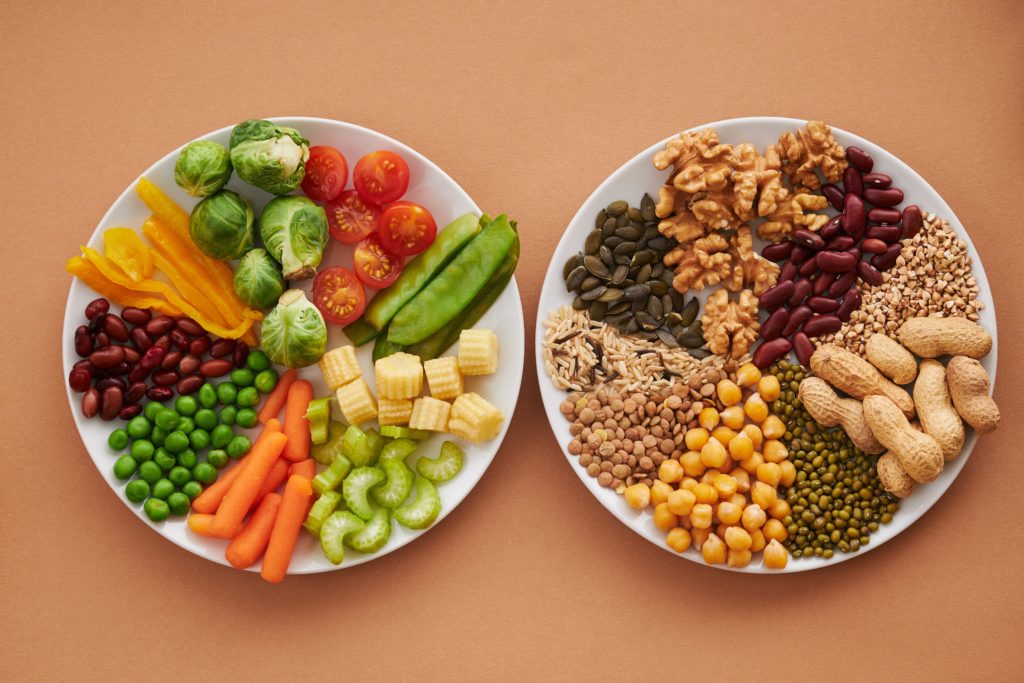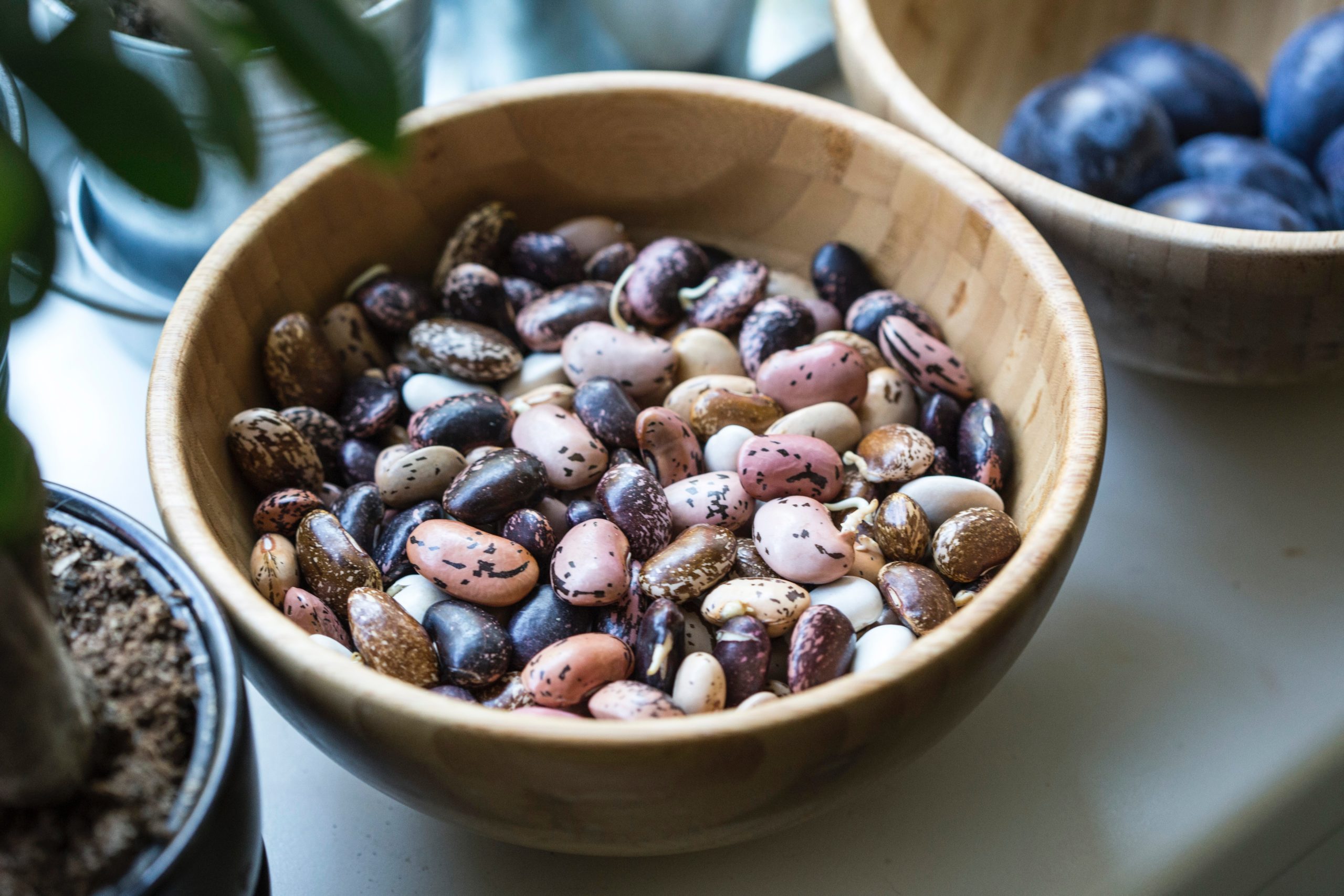3 Mins Read
Decreasing meat intake in favour of legumes, whole grains, and nuts could add a decade to life expectancy, according to a new study. The research, published in the PLOS Medicine journal, looked at the impact of sustained dietary adaptation. Life expectancy was a key focal point in line with dietary risk factors accounting for up to 11 million deaths per year.
The research was conducted in Norway, with a US-centric focus. The same team developed a tool called TheHealthy4Life calculator. It can be used to assess the impact of dietary choices on life expectancy. Health professionals and the general population are encouraged to use it to gain insights into risk factors.

Insights into eating habits
The new study shows plant-based diets contribute to longer life expectancy. The results are more obvious when a meat-free diet is adopted in early life. Researchers use data from the Global Burden of Disease study to develop a computer programme. It predicted differences in health between a typical Western diet eater and an “optimal” eater. The latter was defined as including a slew of fresh produce, heart-healthy grains, and nuts, which outweighed intake of processed foods and red meat.
The key takeaway from the study is that those choosing optimal eating from age 20 had an increased life expectancy of 10.7 years for women and 13 years for men, in the U.S. Making a switch later in life was still shown to be effective. Eaters aged 60 and over could add up to 8.8 years of life, while 80 plus individuals could see an extra 3.4 years.
Researchers noted that Western and optimal diets are extremes. They introduced a “feasibility” option as a midway point between the two. Young people switching to this balanced approach could expect to add 7 percent to their life expectancy.
The superfoods everyone needs
Of all food groups analysed, legumes, nuts, and whole grains were shown to be the most effective in extending life. It is assumed that an increase in such foods will come from the reduction of red and processed meats. Conclusions were made without taking into account white meat and eggs.
“A sustained dietary change may give substantial health gains for people of all ages both for optimized and feasible changes,” wrote the authors of the study. “Gains are predicted to be larger the earlier the dietary changes are initiated in life. The Food4HealthyLife calculator that we provide online could be useful for clinicians, policy makers, and laypeople to understand the health impact of dietary choices.”

Ongoing benefits of plant-based diets
A plethora of recent studies has shown that plant-based eating is beneficial for more than just personal health.
Last month, it was reported that up to 61 percent of greenhouse gas emissions could be eradicated by wealthy nations embracing vegan food. Based on the EAT-Lancet system, data was collected that supports eating for planetary health. By cutting demand for animal agriculture and supporting domestic crops and seasonal foods, carbon footprints would be more than halved. No data was available as to which countries would need to shoulder the responsibility for culling the world’s carbon emissions. It is assumed that the U.S. and China, with their penchant for meat, would both be included.
Earlier in the year, an NHS doctor made headlines by claiming that if the UK turned vegan, it would save the embattled health service in excess of £30 billion. Dr. Shireen Kassam used global study data to estimate the savings, due to reduced dietary-induced health conditions. Her research conclusively demonstrated that vegetarians and vegans require fewer treatment costs and account for far fewer outpatient appointments.
Lead photo by Milada Vigerova from Pexels.




